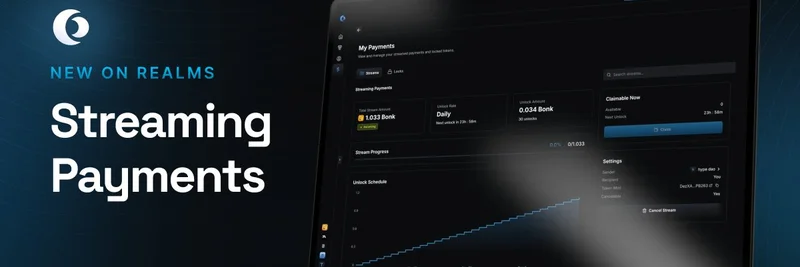In the ever-volatile world of crypto, where memes and money collide, a single tweet can stir up a storm. That's exactly what happened when Bunjil, a notable voice on X (formerly Twitter), dropped this post that's got everyone talking about Coinbase's latest moves.
For those not deep in the crypto trenches, Coinbase is one of the biggest exchanges out there, often criticized for its customer service woes—like accounts getting frozen without warning, leaving users' funds locked up tighter than a bear market wallet. Bunjil's tweet cuts straight to the chase: "time to address the elephant in the room crypto was propped up all these years by coinbase locking all user funds and providing less than zero customer support and now cobie is being paid 400m to unlock them - allowing them to market sell just check the tape."
Ouch. But what's the backstory here? It ties into Coinbase's recent acquisition spree. Just weeks ago, the exchange shelled out around $375 million to buy Echo, a crypto fundraising platform founded by Jordan Fish, better known as Cobie—a pseudonymous trader and podcaster who's built a massive following for his sharp takes on the industry. Add in a $25 million NFT buy to revive a related podcast, and you're looking at roughly $400 million flowing Cobie's way in a flash.
Bunjil's spin? It's not just a business deal; it's Coinbase essentially paying to "unlock" those stuck funds, potentially flooding the market with sells. "Market sell" refers to dumping assets at whatever the current price is, which could tank values if done en masse. And in the meme token space, where liquidity is king and pumps can turn to dumps overnight, this kind of narrative hits hard.
Meme coins like Dogecoin or newer ones built on Solana thrive on hype and quick trades. If users suddenly get access to locked funds on Coinbase, they might cash out into stables or even fiat, pulling liquidity from riskier assets like memes. We've seen it before—exchange dramas often ripple through the ecosystem, causing wild swings in tokens tied to community sentiment.
But is Bunjil onto something, or is this just peak crypto paranoia? Coinbase has defended the Echo acquisition as a way to boost early-stage projects, from incubation to listings. Echo helps startups raise funds compliantly, and integrating it could mean smoother on-ramps for new tokens, including memes. Cobie himself has been vocal about improving crypto UX, so maybe this deal actually fixes some of those support issues Bunjil roasts.
Still, the tweet's timing is spot-on with market jitters. Crypto prices have been choppy, and any whiff of mass selling gets traders checking the "tape"—that's trader lingo for the order book or price charts. For meme token enthusiasts, it's a reminder to stay vigilant: big deals like this can shift sentiment faster than a viral pump.
If you're holding meme bags, keep an eye on Coinbase announcements. Tools like DexScreener or CoinMarketCap can help track liquidity flows. And who knows? Maybe this sparks a new meme narrative around "unlocked" coins.
What do you think—game-changer or just another day in crypto? Drop your takes in the comments, and follow Meme Insider for more breakdowns on how big moves affect the meme token world.

